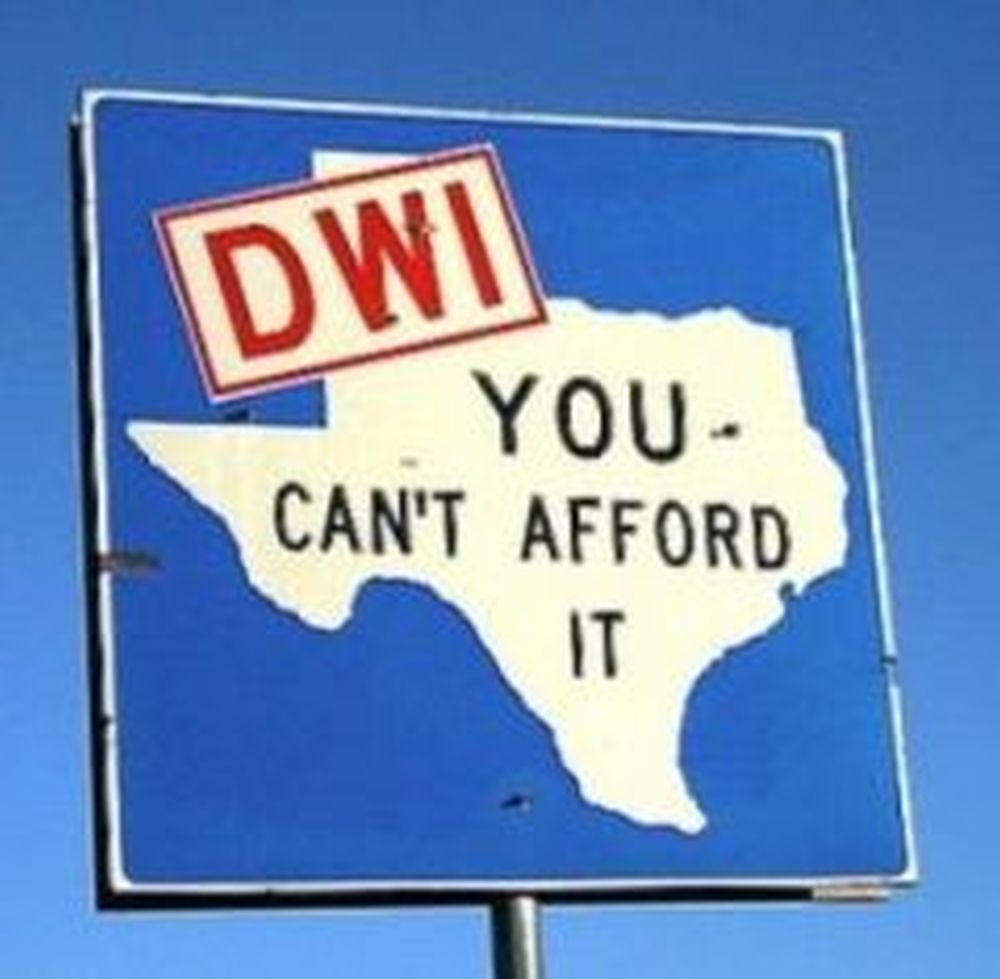Maneuvering through your driving history can feel like a minefield, while managing your insurance often seems like a puzzle. Understanding how your record influences your premiums is vital for making informed decisions. By evaluating your driving record regularly and exploring ways to improve your habits, you can uncover opportunities to save. But what strategies can effectively lower your insurance costs, especially if you've faced violations in the past? The answers might surprise you.
Key Takeaways
- Regularly check your driving record through the DMV to understand your license status and history.
- Know how traffic violations affect your insurance premiums; minor infractions increase rates less than major offenses like DUIs.
- Consider completing defensive driving courses to potentially lower your insurance premiums.
- Shop around for quotes from different insurers; bundling policies can also yield discounts.
- Maintain safe driving habits and a clean record to secure better rates and long-term savings.
Assessing Your Driving Record

How well do you know your driving record? Accessing your driving record is essential for understanding your license status and history. You can obtain this information through your state's Department of Motor Vehicles (DMV), which typically offers standard, limited, and commercial records. Knowing your insurance rates can be influenced by your driving history, and this information is crucial for understanding potential costs.
Standard records provide recent driving history, while limited records include thorough details. Fees vary by state, and some even allow online access. Your record contains critical information such as accident details, traffic violations, and any restrictions or endorsements on your license. Knowing this information can help you assess your driving safety and prepare for potential background checks or insurance assessments. Regularly checking your record keeps you informed and proactive about your driving history, as MVR checks ensure adherence to industry-specific driving standards and provide insights into candidates' legal ability to drive.
Understanding How Violations Affect Premiums
Knowing your driving record sets the stage for understanding how violations can impact your insurance premiums. Traffic violations vary in severity, influencing both penalties and your rates.
Understanding your driving record is crucial, as traffic violations can significantly affect your insurance premiums and overall costs.
For instance, minor speeding tickets might lead to a slight increase, while serious offenses like DUIs can hike your premiums by up to 93%. Insurers often use a point system to assess risk; accumulating points from multiple infractions compounds the effect on your rates.
Reckless driving can cause an 82% increase, reflecting heightened risk perception. Additionally, state regulations and insurer policies can further affect how these violations impact your premiums.
Being aware of these factors helps you understand the long-term financial implications of your driving behavior.
Strategies for Lowering Insurance Costs
While maneuvering through the complexities of auto insurance, you can implement several strategies to effectively lower your costs.
Here are three effective approaches:
- Increase Your Deductible: Raising your deductible can greatly lower your premium, but be prepared for higher out-of-pocket costs when filing a claim.
- Bundle Policies: Combining your auto insurance with other policies, like home or renters insurance, often results in discounts.
- Take Defensive Driving Courses: Completing these courses not only sharpens your skills but can also lead to premium discounts.
Exploring High-Risk Insurance Options

What options do you have if you find yourself classified as a high-risk driver? First, consider liability coverage, which is mandatory in most states and protects against damages to others.
If classified as a high-risk driver, explore mandatory liability coverage to protect against damages to others.
Collision and extensive coverage can safeguard your vehicle from various damages, while Personal Injury Protection (PIP) covers medical expenses for you and your passengers.
You might also want uninsured/underinsured motorist coverage for added protection. Specialty insurers cater to high-risk drivers with tailored policies, while state-assigned risk pools offer options for those denied by private insurers, albeit at higher costs.
Keep in mind that higher premiums are common, so evaluate your financial situation and coverage needs carefully to find the best solution for your circumstances.
Improving Your Driving Habits for Better Rates
Improving your driving habits not only enhances safety on the road but also greatly impacts your insurance rates.
By adopting better practices, you can lower your premiums considerably. Consider these three key habits:
- Defensive Driving Courses: Enroll in these courses to learn advanced techniques and potentially earn an insurance discount.
- Maintain Focus: Avoid distractions like phone usage to enhance road safety and protect your driving record.
- Vehicle Maintenance: Regularly check tires, brakes, and lights to prevent breakdowns, ensuring your vehicle remains safe and insurable.
Conclusion
To sum up, effectively managing your driving history and insurance can greatly influence your financial well-being. For instance, a study found that drivers with a clean record save an average of 30% on their premiums compared to those with multiple violations. By regularly evaluating your driving record, understanding the impact of violations, and improving your driving habits, you can navigate the complexities of insurance more efficiently. Remember, staying informed and proactive is key to securing the best rates available.
